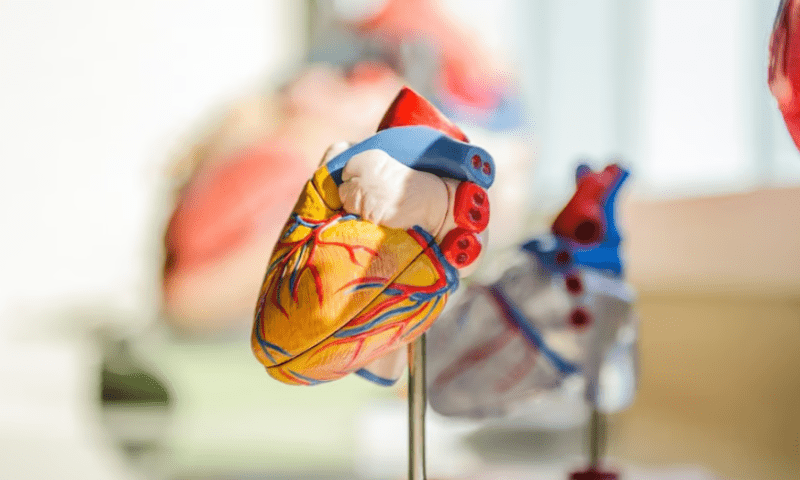BioCardia has received a go-ahead from the FDA for a first-in-human trial of a second version of its stem cell implants designed to help rescue patients from heart failure.
The green light clears the way for a phase 1/2 clinical study of the company’s allogeneic therapy, which uses material derived from donor cells. This research will help fill in some gaps in an ongoing phase 3 trial of BioCardia’s autologous treatment, which instead relies on assembling a therapy from the patient’s own stem cells collected from bone marrow.
According to BioCardia, the new study will allow additional patients with heart failure to participate in the program, including those whose personal cell composition would have made them ineligible for the 260-person phase 3 trial.
“We intend to provide a complete cell therapy solution for ischemic heart failure patients that encompasses both autologous and ‘off the shelf’ allogeneic cell therapies,” BioCardia President and CEO Peter Altman said in a release—adding that the company expects only two-thirds of patients to respond to the autologous therapy, which also previously scored an FDA breakthrough designation.
Both of the studies for autologous and allogeneic treatments focus on symptomatic heart failure patients with reduced ejection fraction, where the cardiac muscle has a harder time expelling blood out of the left ventricle and out to the body.
Both are also delivered to the heart via BioCardia’s proprietary, catheter-based Helix delivery system. The device is threaded into the heart’s chambers before embedding itself into the wall using a corkscrew-like tip; it then releases the cell therapy directly into the damaged cardiac muscle.
For the allogeneic, off-the-shelf therapy—dubbed CardiALLO—this includes mesenchymal stem cells that are taken and cultured from the bone marrow of a universal donor. The frozen cells, shipped from BioCardia’s Sunnyvale, California facility, are described as neurokinin-1 receptor positive, which is linked to mediators of the body’s immune response.
The study also marks the second time BioCardia has received the FDA’s blessing this year. The agency approved the company’s Investigational New Drug application in April for a phase 1/2 trial of its NK1R+ allogeneic cell therapy given intravenously, for the lungs of patients recovering from acute respiratory distress syndrome due to COVID-19. BioCardia previously said it expects to begin treating its first patient in this study by the end of the year.

